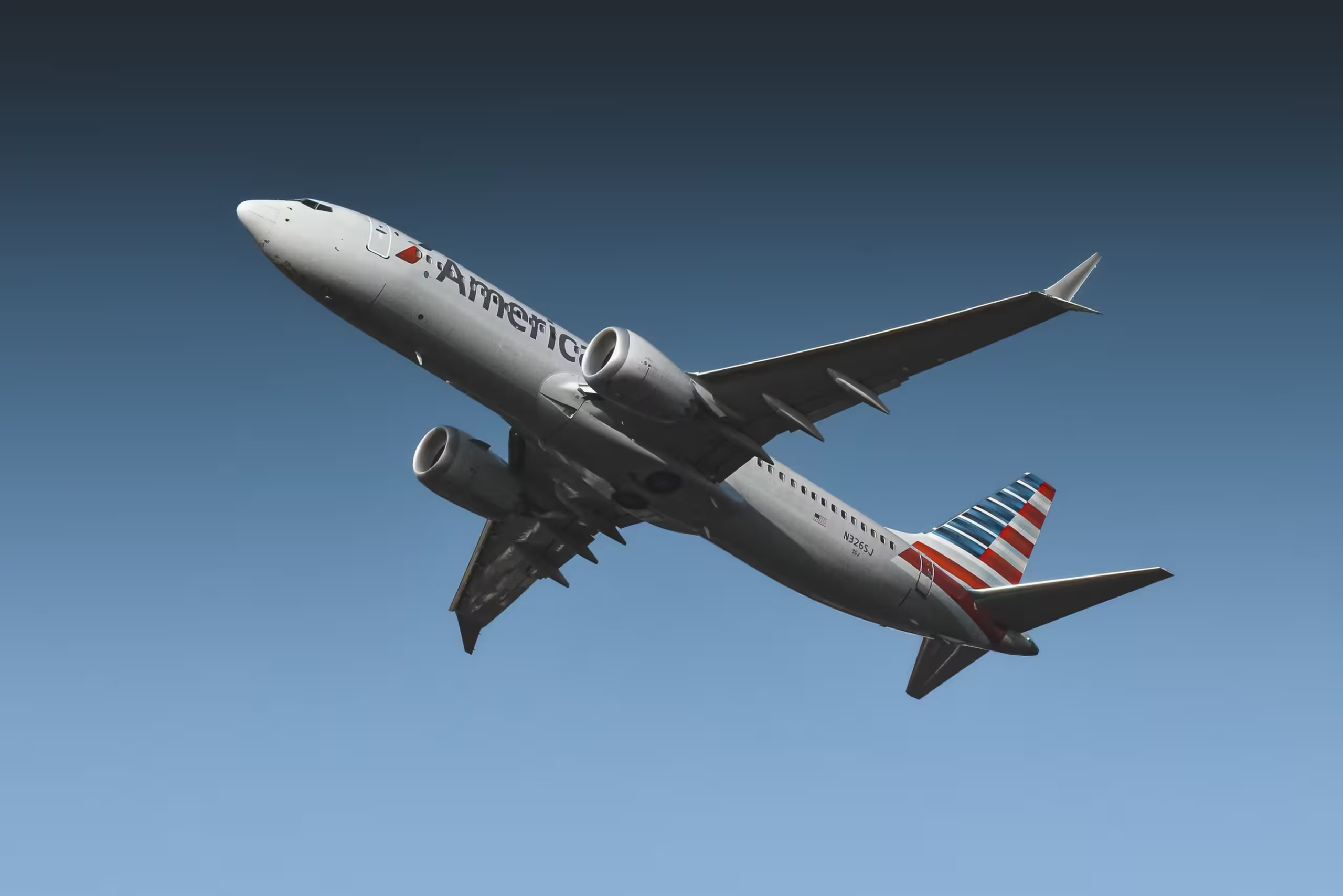American Airlines Aircraft Experienced an Engine Fire after Takeoff – Travel Radar

On Nov. 18 2024, American Airlines Boeing 737-8 MAX experienced an engine fire. The aircraft was departing from Phoenix Sky Harbor International Airport when the incident occurred. An engine fire is a serious accident that requires immediate response. It is the adherence to strict safety protocols and preparation of the crew that can minimise risks and ensure passenger safety.
Incident Details
Shortly after American Airlines Boeing 737-8 MAX took off, one of its engines caught fire. Presumably, the cause of the fire became a technical malfunction. A rapid response to the situation prevented injuries. The crew quickly shut down the damaged engine and contacted the air traffic control. Passengers and crew acted strictly according to safety protocols and emergency action instructions.
The aircraft returned to Phoenix Sky Harbor International Airport for an immediate landing. The airport emergency response team promptly arrived on the runway and extinguished the engine fire. The crew and passengers were successfully evacuated. The Federal Aviation Administration (FAA) has begun investigating the exact causes of the incident and the operational factors involved. In such dangerous incidents, comprehensive crew training and adherence to standard operating procedures play a crucial role in averting the tragedy.
Airport Operational Disruptions
The emergency landing and engine fire of the American Airlines Boeing 737-8 MAX caused temporary disruptions at Phoenix Sky Harbour International Airport. Multiple flights were delayed, which affected the schedule of all passengers at the airport. The runways affected by the incident were temporarily closed for safety inspections. Such emergencies always lead to multi-level operational consequences for airports. This incident also highlighted the challenges American Airlines faces in ensuring fleet dependability while managing schedule interruptions. However, the airline demonstrated its ability to adapt quickly to unforeseen situations through rapid realignment of resources, ensuring minimal delays.

Technical Considerations
At present, the preliminary investigation into the causes of the damage is focusing on possible mechanical faults. External factors are also being considered. Similar incidents involving the same CFM LEAP-1B engine model underscore the necessity for stringent maintenance. This type of engine requires regular inspections to ensure safe flight operations and reduce the risk of aircraft crashes. The absence of injuries in this and most other cases confirms the aviation industry’s high prioritisation of safety. The industry continues to improve inspection regimes and makes every effort to prevent a recurrence of such events.

Aviation Reliability
Although incidents like the one involving the American Airlines Boeing 737-8 MAX place stress on the aviation industry, they also contribute to the continuous improvement of aviation safety protocols and reliability. Travellers can remain confident in the industry’s high standards and its ability to effectively manage emergencies.
What do you think about the reaction of the aviation industry to emergencies? Do you think the security measures and protocols are effective enough? Share your opinion below in the comments!
Related
Canada says too little, too late as Trump flip-flops on…
Nadine Yousif and Ali Abbas AhmadiBBC News, TorontoWatch: Canadian liquor store clears out US alcohol in response to tariffsNot long after the US imposed their
Vietnam, Thailand, and Philippines Among Top Asian Destinations Most-Searched by…
Home » Philippines Travel News » Vietnam, Thailand, and Philippines Among Top Asian Destinations Most-Searched by American Travelers, Driven by Surge in Viet
Trump tariffs tarnish ties: Americans anxious about travel to Canada…
Will Trump's tariffs on Canadian goods entering the U.S. affect tourism at home, tarnishing ties Canadians and Americans have shared for decades? It's a fair qu
Looming Trump travel ban strikes fear in Afghans who worked…
Expectations that President Donald Trump will soon bar Afghans and Pakistanis from entering the United States has set off panic among Afghans who were promised











